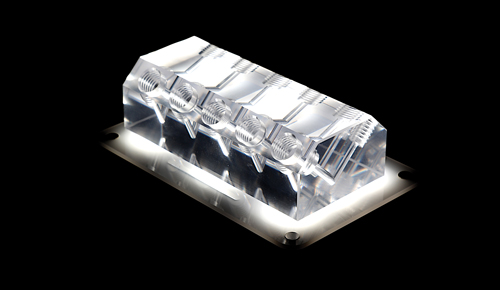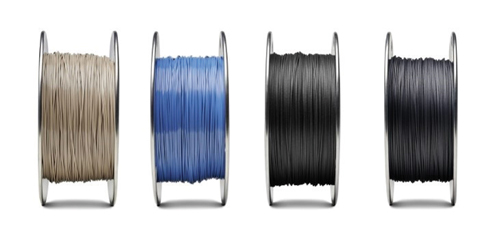othing has demonstrated the importance of plastics in medical applications quite as clearly as the events of 2020 resulting from the global COVID-19 pandemic. The performance plastics industry was quick to mobilize and step up to meet the needed demand for personal protective equipment (PPE) such as face shields, as well as clear sheet material for barriers that helped essential businesses protect their customers and employees and safely reopening the economy. Not far behind came the need for source controlled and suitable materials such as polyetheretherketone (PEEK) and acetal copolymer (POM C) for ventilator components to care for the critically ill from the COVID-19 virus. And now, to defeat the virus through the use of vaccines and therapeutics, the pharmaceutical industry is looking to the performance plastics industry for the appropriate materials for single use processing alternatives in developing the cure.
As pharmaceutical companies are stepping up the development of cures and treatments for COVID-19 with government direction, new demand for processing equipment is increasing. Filling this demand has been supported with government directives such as Operation Warp Speed in the United States which is designed to ensure priorities are given by manufacturers to key development components in the fight against the virus. Components in direct contact with bio pharmaceutical products are typically single use to avoid cross contamination between batches. Special needs for the performance plastics filling these applications are chemical resistance to solvents commonly used in the process, low extractable potential from the materials and gamma stability, since gamma radiation is the predominant method of sterilization for these components. The materials also need to be source controlled to eliminate any variables in the ongoing manufacturing process. Some of the materials fitting these requirements are PEEK, polyphenylsulfone (PPSU), polysulfone (PSU), polyetherimide (PEI), polypropylene (PP), polycarbonate (PC) and acrylic (PMMA). Recently, a new clear material has been introduced that addresses some of the short comings of polycarbonate and acrylic, while maintaining all their key benefits.


Typical applications include manifolds and valve components; single use sensors for pH detection, temperature and flow; simple sleeve bearings for moving components such as impellers, as well as the impeller itself; and microfluidic blocks used in the analysis of liquid substrate of various kinds. Manufacturing methods for producing the finished single use device include injection molding, machining from extruded stock shapes and, more recently, even additive manufacturing or 3D printing. The chosen process comes down to economics: If there is enough volume to justify the cost of an injection molding tool, then a molded part makes sense. Some part geometries such as manifolds are best to machine from stock shapes, while additive manufacturing expands design possibilities to include features that cannot be accommodated by machining or injection molding. For example, features such as internal undercuts are best accomplished through the use of 3D printing. Additive manufacturing provides customization and feature complexity with little additional cost within the process. Fortunately, the same thermoplastic material portfolio for these applications are available to designers as an injection molding resin, a stock shape for machining, as well as additive manufacturing filaments.
The speed at which the performance plastics industry has been able to respond and react to the unique environment created by this world pandemic is yet another example of our industry’s unique ability to quickly adapt, innovate and deploy solutions to industries’ most challenging problems.